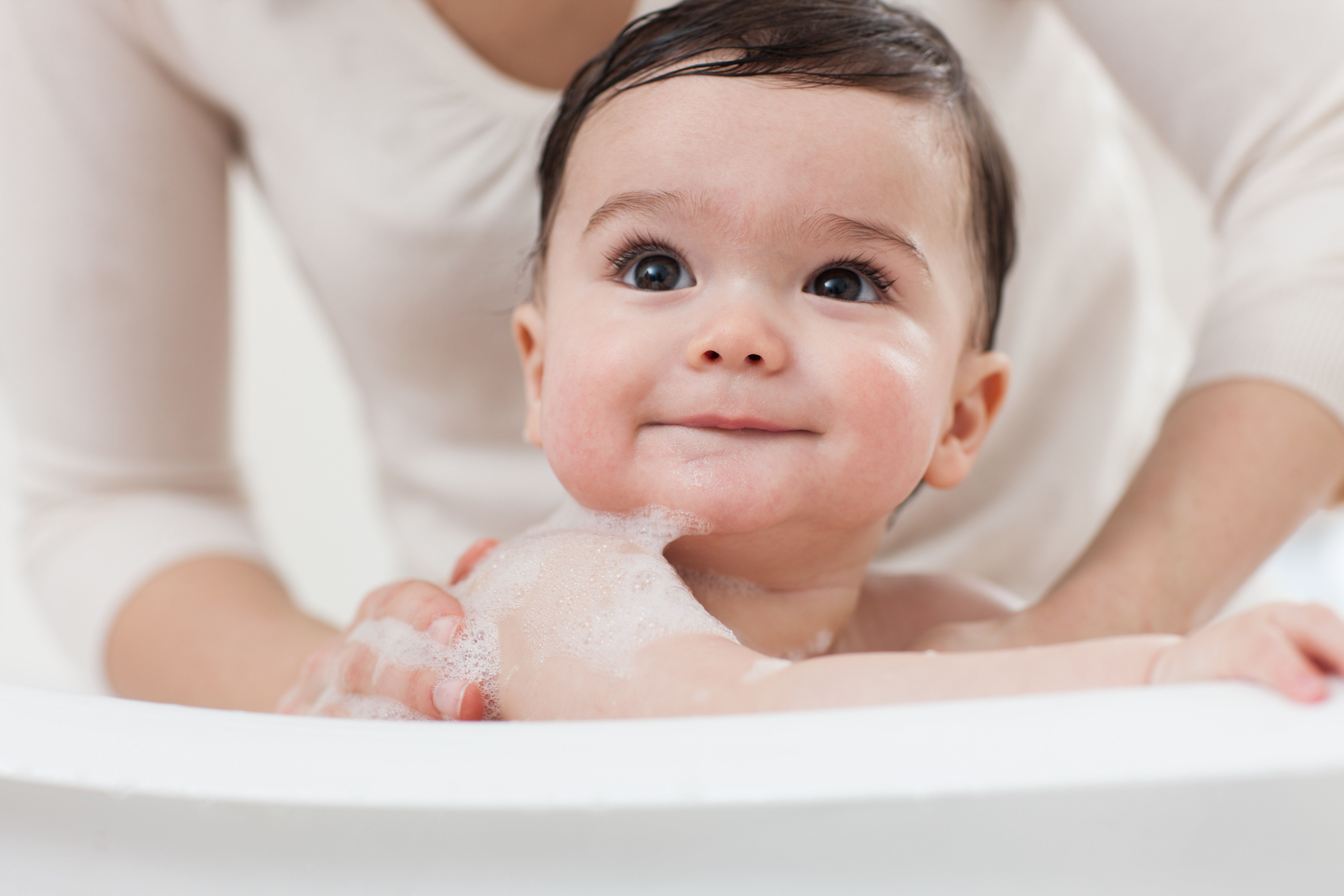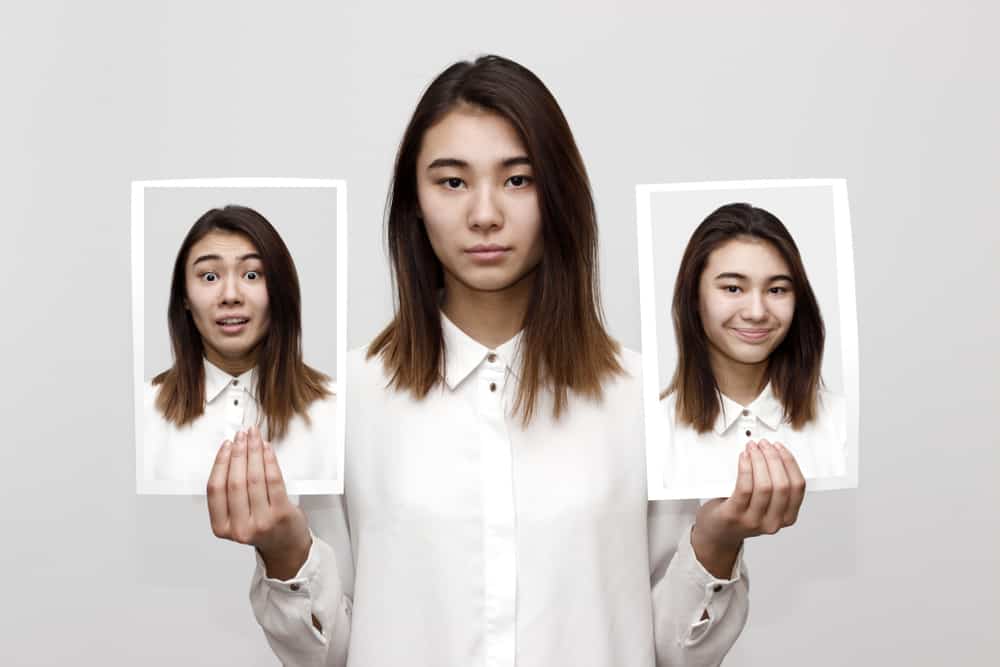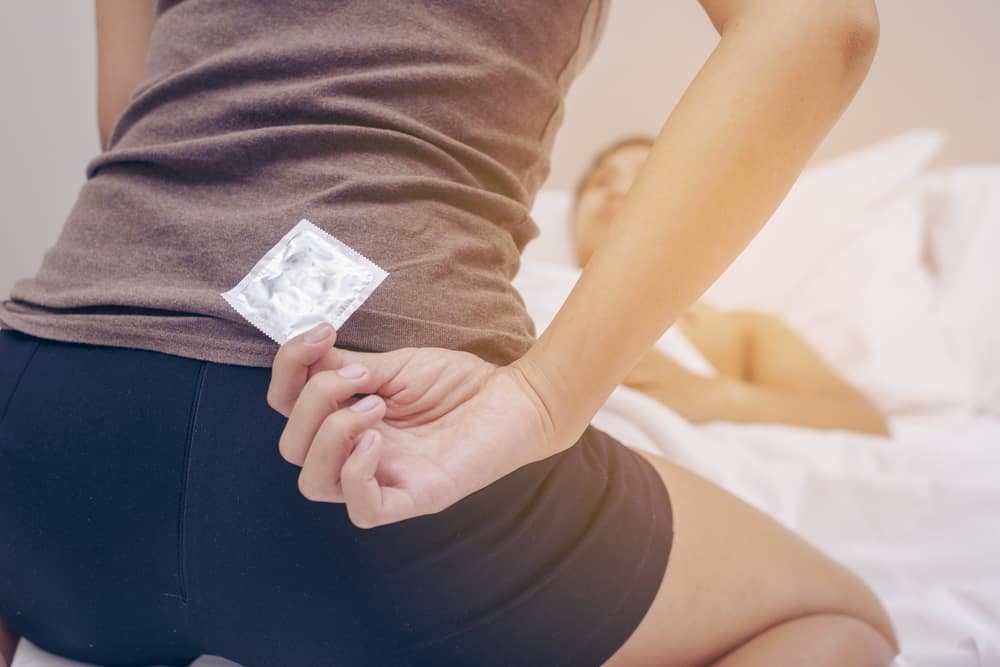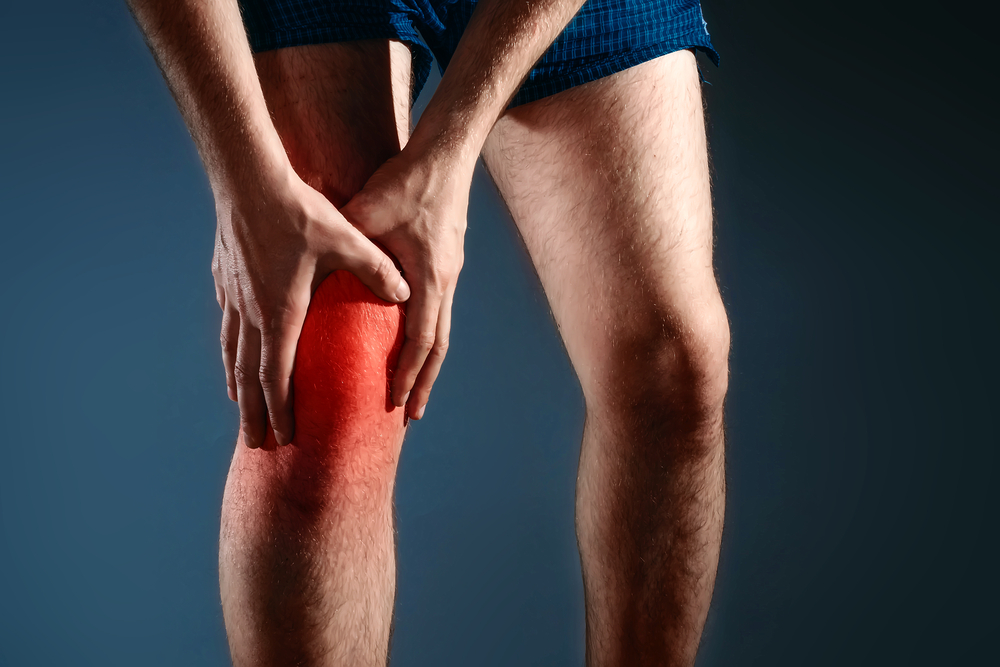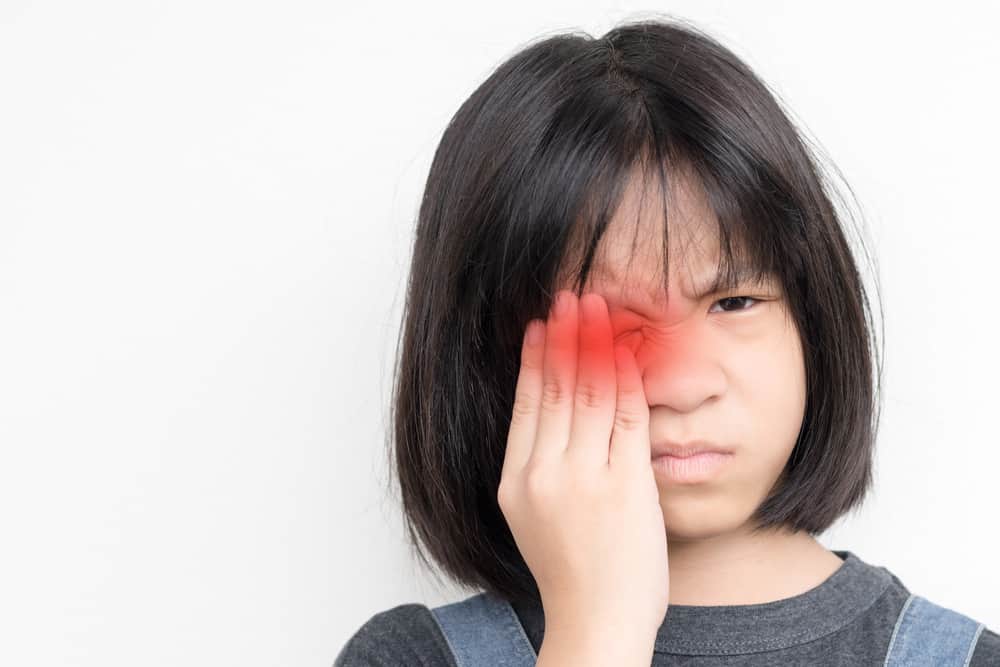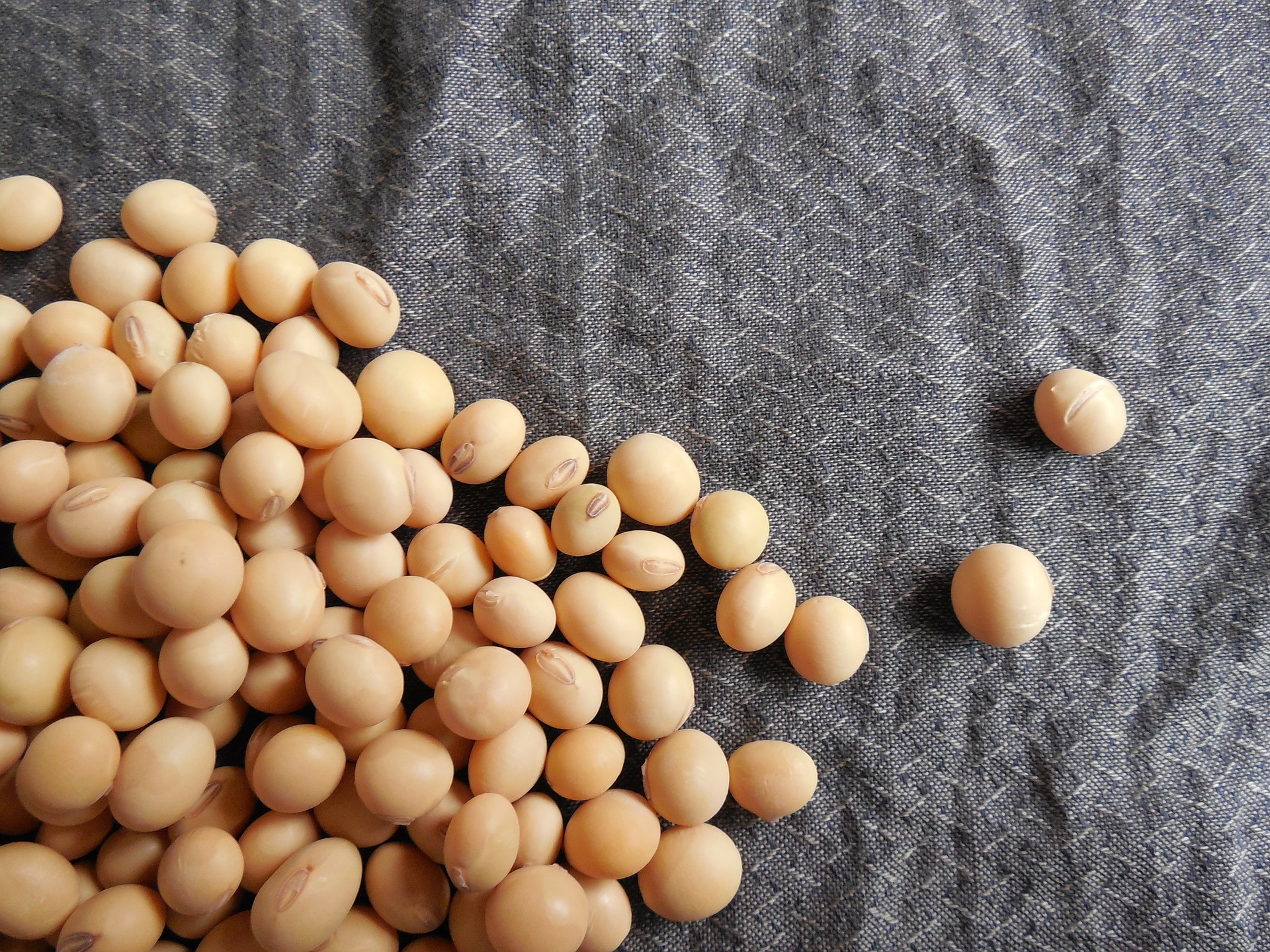Contents:
- Medical Video: CHEMICAL PEEL Full Process | Procedure | Peeling | Before & After
- Myth: You need to use antiseptic soap for your little one
- Myth: Diligently drinking soy milk while pregnant can make your baby's skin white
- Myth: Olive oil, the safest massage oil for babies
Medical Video: CHEMICAL PEEL Full Process | Procedure | Peeling | Before & After
There are many myths circulating about baby skin care. For example, drinking coconut water during pregnancy can make your baby's skin become white. In fact, you can not arbitrarily trust the baby's skin myth. You must know the facts that have been medically proven about the skin of your baby. What are the baby skin myths that you should leave behind? Here's the explanation.
Myth: You need to use antiseptic soap for your little one
Wrong. The myth of baby skin that you often trust is one of them is the use of antiseptic soap.It is important to be known by parents that although the skin structure in infants is the same as that of adults, the function maturity level is not the same. Baby's skin, especially the newborn, is very smooth, soft and has not been maximally protected by the body's immune system. This might make you think that antiseptic soap is the best choice when you bathe your little one. In fact, this antiseptic soap often causes skin irritation to the little one.
Use mild baby soap that matches the skin's neutral pH (5.5) without perfume and coloring at all to avoid irritation or allergies. The ingredients in soap must also be considered. Do not use antiseptic soap (phenol, cresol), which contains deodorants (triclosan, hexachlorophen), or soaps containing detergents such as sodium lauryl sulphate (SLS) andsodium laureth sulphate (SLES). Chemical compounds can cause irritation as well toxic when absorbed by baby's skin.
Myth: Diligently drinking soy milk while pregnant can make your baby's skin white
Wrong. Soybeans have no role in determining a person's skin color when born into the world. Until now no medical research has been able to support this hereditary advice. This myth of baby skin is often trusted by pregnant women so they diligently consume soy milk.
In fact, the main factor determining the light or darkness of one's skin color is the genetic inheritance of both parents. The color of human skin that is different between one and the other is determined by the amount of melanin (skin coloring agent). The more melanin on your skin, the darker your skin color will be.
The little amount of melanin you have is controlled by the genes of your parents' descendants. If you and your partner have a different skin color, your baby will inherit the most dominant genetic skin pigment between them.
Myth: Olive oil, the safest massage oil for babies
Wrong. The myth of the next baby skin that you might also often trust is about massage oil that must use olive oil. According to research conducted by the University of Manchester, massaging babies should not use olive oil or sunflowers. The study found, products that had been safe and healthy for adults, turned out to increase the risk of skin damage in infants.
The study involved 115 newborns for 28 days. Babies are divided into three groups, namely those who use olive oil, sunflower seed oil, and do not use oil at all.The results showed that olive oil was too hard for baby's skin. Researcher Dr. Alison Cooke explained, oil can break down into fatty acids that damage the structure of baby's skin.
This oil can damage the baby's skin protector that is still very sensitive. This allows irritation, dryness of the skin, cracked skin, risk of eczema or inflammation of the baby's skin.The researchers reminded that the baby's skin cell membranes are so sensitive that it takes about two years to develop as a whole.
Then, what should you use for baby massage? Skin specialists recommend parents to use a cream that is soft for baby's skin and has been proven to be safe every time it is applied to the baby.

